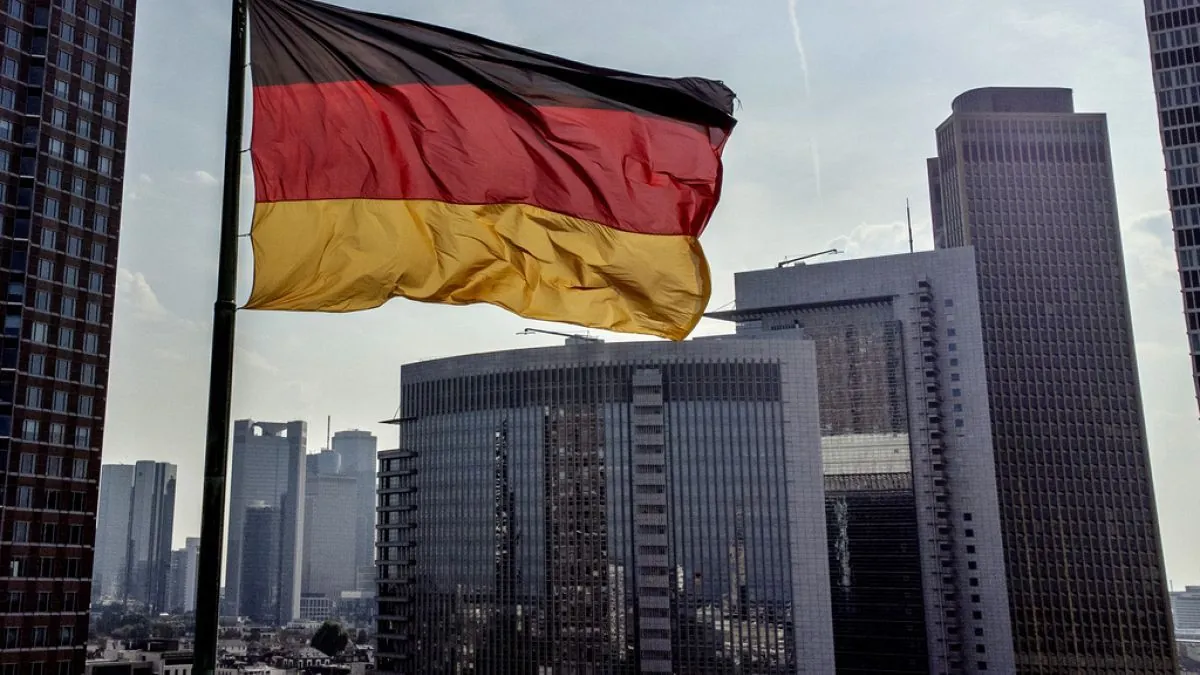Far-Right Surge in Eastern Germany: A Legacy of Unification Challenges
Recent elections in eastern German states reveal strong support for far-right parties, raising concerns about the rise of extremism. The phenomenon is rooted in the complex history of German reunification and ongoing East-West disparities.

The recent elections in Saxony and Thuringia, two eastern German states, have sent shockwaves through the country's political landscape. The far-right Alternative for Germany (AfD) party achieved unprecedented success, securing 31% of the vote in Saxony and 33% in Thuringia. This outcome has prompted a national debate on the rise of extremism and its implications for German democracy.
The roots of this phenomenon can be traced back to the fall of the Berlin Wall in 1989 and the subsequent reunification process. While the unification of East and West Germany was a momentous historical event, it also brought significant challenges, particularly for the eastern regions.

The economic transition following reunification was particularly harsh for eastern Germans. Despite promises of "flourishing landscapes" by then-Chancellor Helmut Kohl, the reality was far different. Millions lost their jobs as state-owned enterprises were privatized or shuttered. The Treuhandanstalt, the agency responsible for privatizing East German businesses, has been criticized for selling off assets at low prices to western firms.
"The AfD is the East's revenge on the West, which is blamed for all the upheavals after 1990."
This economic upheaval left lasting scars on the eastern German psyche. Many felt disrespected and marginalized by their western counterparts. The AfD and other far-right groups have successfully tapped into this resentment, presenting themselves as champions of eastern interests against a perceived western elite.
However, it's important to note that the far-right phenomenon in eastern Germany is complex. Studies indicate that about 8% of Germans hold far-right views, with higher percentages in the east. The AfD's success is not solely due to ideological alignment but also represents a protest vote against the established political order.
The rise of extremism poses significant challenges for German society. In 2023, there were 25,660 reported far-right hate crimes across the country, a 22% increase from the previous year. This trend is particularly concerning given Germany's historical commitment to preventing the return of authoritarian and racist ideologies.
Despite these challenges, it's crucial to recognize the progress made since reunification. Eastern Germany's GDP per capita has risen to about 80% of western levels, and unemployment stands at just under 7%. The European Union has contributed €48 billion to eastern German development, while the German government has invested nearly €1.75 trillion.
As Germany grapples with this political shift, it must confront the lingering effects of its divided past and work towards genuine social and economic integration. The success of far-right parties serves as a stark reminder that the process of reunification remains incomplete, even 35 years after the fall of the Berlin Wall.


































